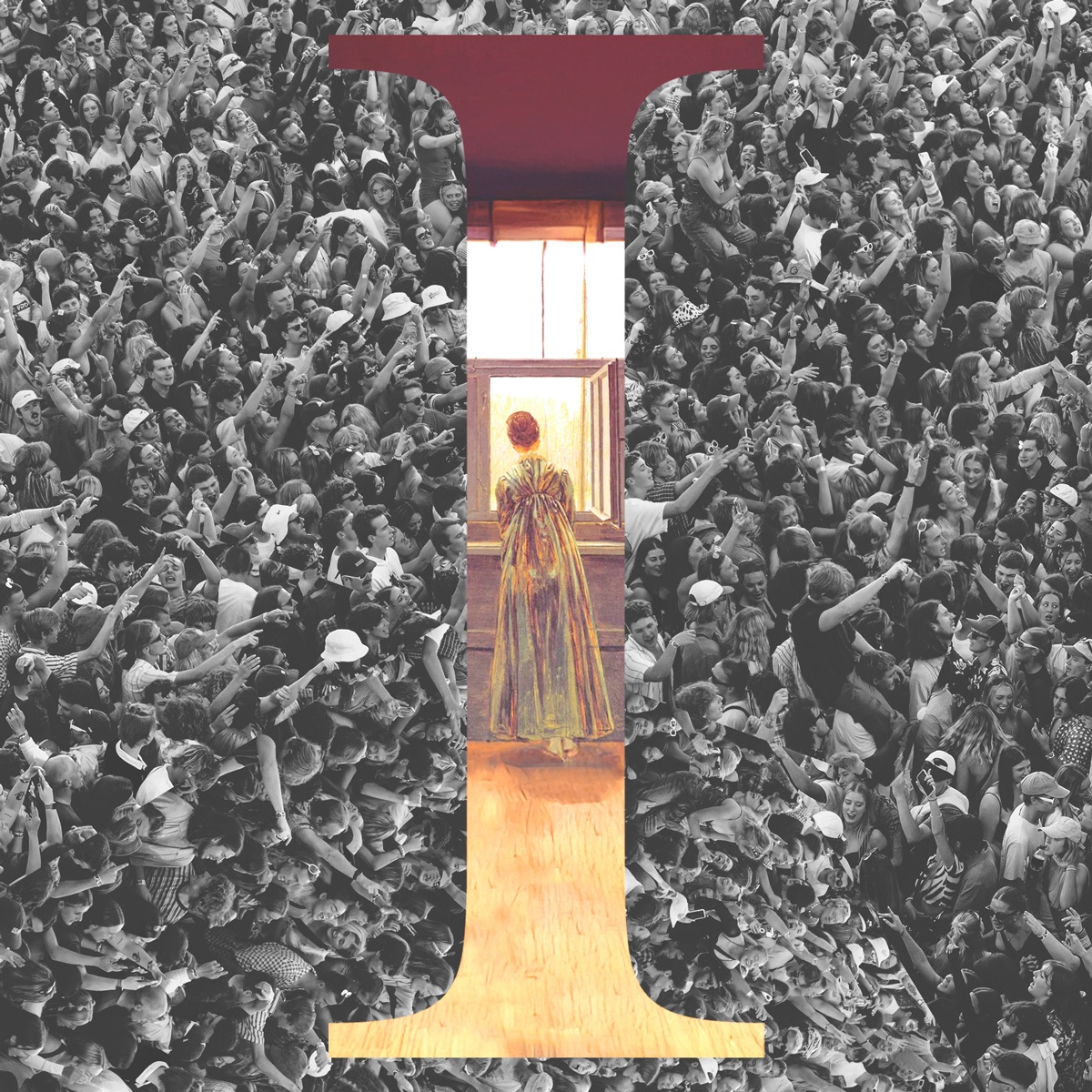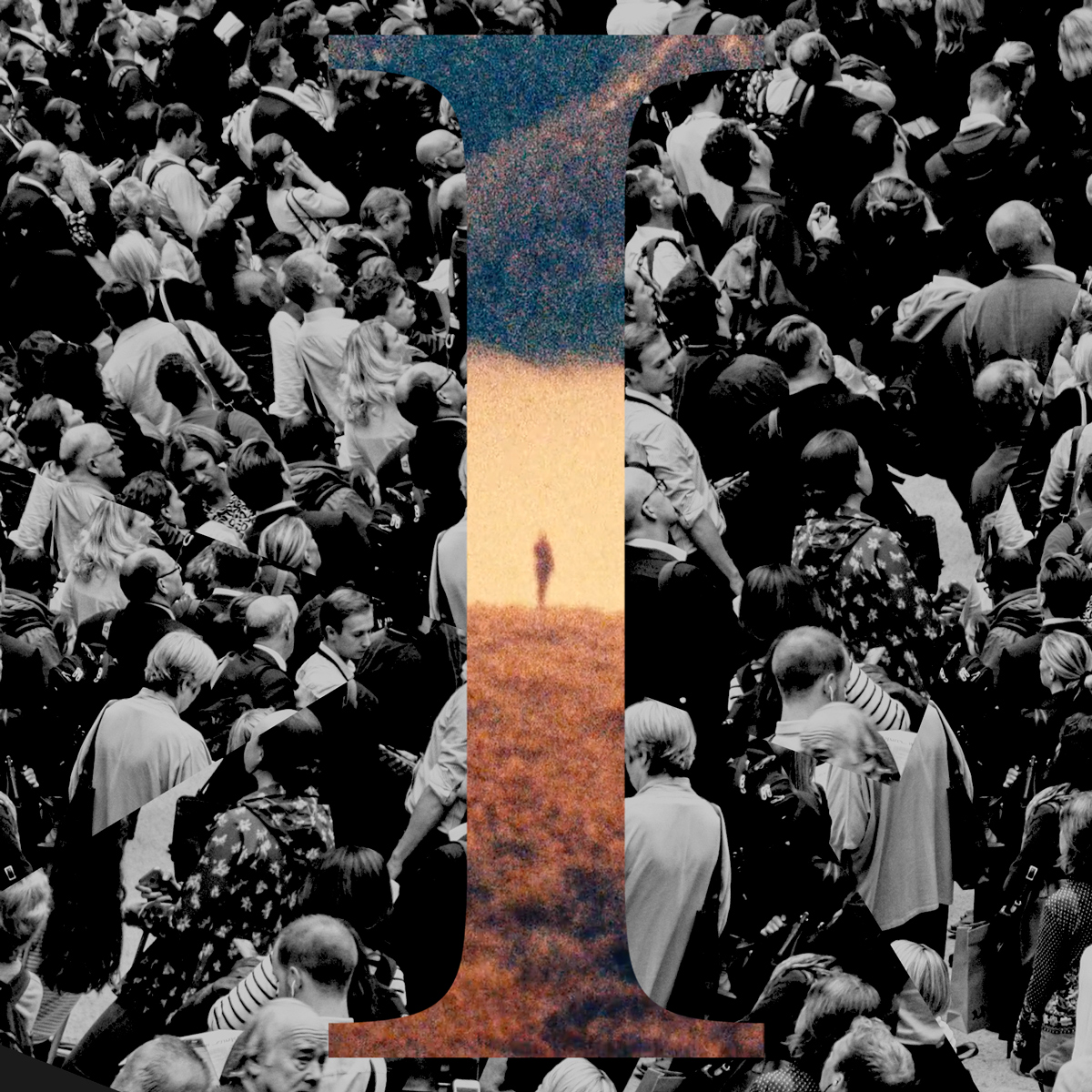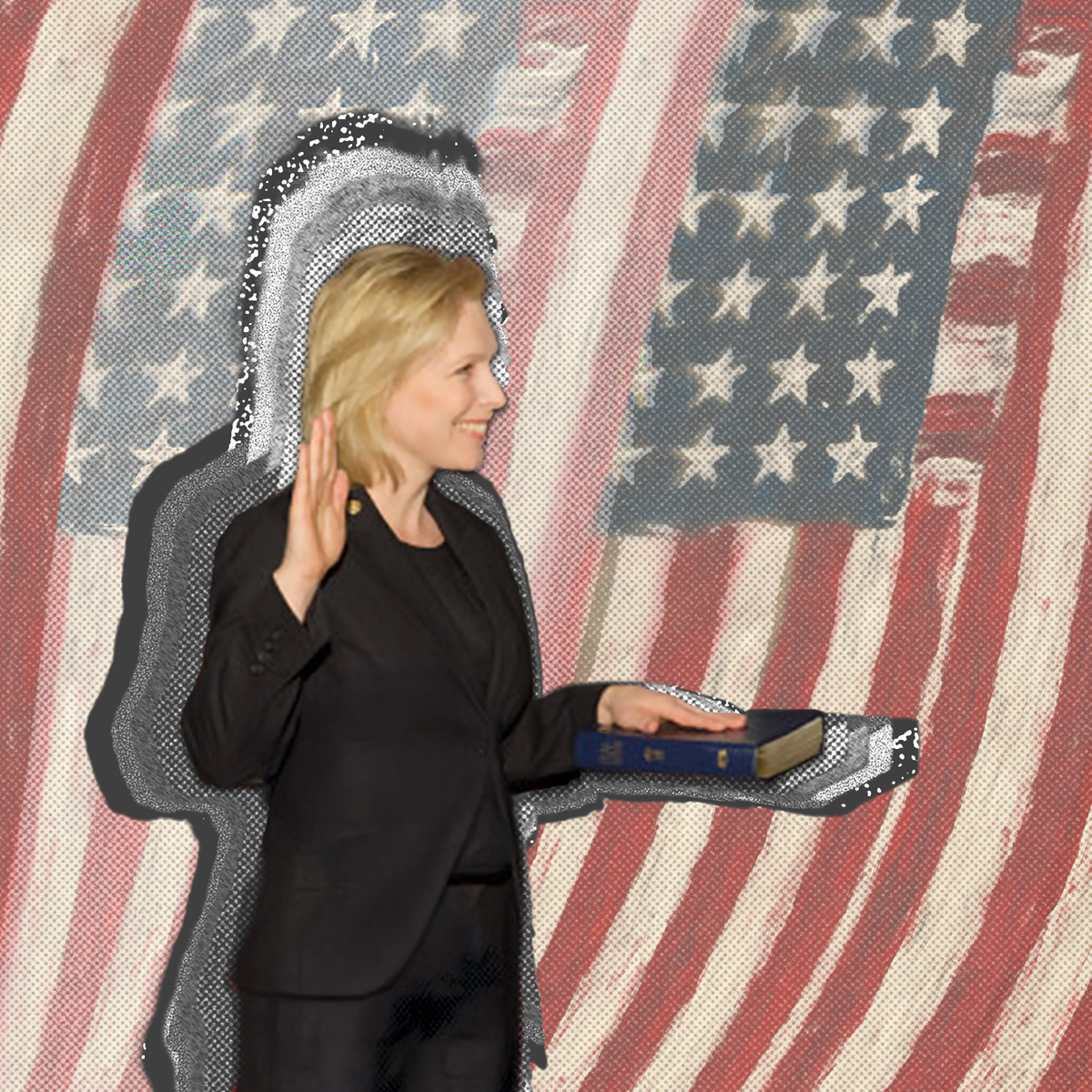Episode Summary
Reverend Tish Harrison Warren explores patience as spiritual formation, reflecting on the human demand for control in both ordinary and extraordinary life events; the recognition of human vulnerability; the temptation to break out of time; and the difficult balance between the urgent need for justice and the acceptance of our human and societal limits.
"We are creatures in time."
Today, the Reverend Tish Harrison Warren explores patience as spiritual formation. She’s an Anglican priest and author of Liturgy of the Ordinary: Sacred Practices in Everyday Life, which was Christianity Today's 2018 Book of the Year, and Prayer in the Night: For Those Who Work, or Watch, or Weep. She recently started a weekly newsletter on faith in private and public life for The New York Times.
She reflects on the human demand for control in both ordinary and extraordinary life events, from the line at the supermarket to the cancer ward; the recognition of human vulnerability and just hating the fact that we can’t control what happens next; the temptation to break out of time; and the difficult balance between the urgent need for justice and the acceptance of our human and societal limits. The entire conversation is illuminated by the beauty of what Hans Urs Von Balthasar calls “the meekness of the Lamb which is led.”
Part 6 of a 6-episode series on Patience, hosted by Ryan McAnnally-Linz.
About Tish Harrison Warren
Tish Harrison Warren is a priest in the Anglican Church in North America. She is the author of Liturgy of the Ordinary: Sacred Practices in Everyday Life, which was Christianity Today's 2018 Book of the Year, and Prayer in the Night: For Those Who Work, or Watch, or Weep. She has worked in ministry settings for over a decade as a campus minister with InterVarsity Graduate and Faculty Ministries, as an associate rector, and with addicts and those in poverty through various churches and non-profit organizations. Currently, she is Writer in Residence at Resurrection South Austin. She is a monthly columnist with Christianity Today, and her articles and essays have appeared in the New York Times, Religion News Service, Christianity Today, Comment Magazine, The Point Magazine, and elsewhere. She is a founding member of The Pelican Project and a Senior Fellow with the Trinity Forum. She lives with her husband and three children in the Austin, Texas area.
Show Notes
- "Part of becoming more patient is noticing how impatient you are. ... It's so not-linear."
- Kids will slow you down and expose your impatience
- Patience often looks like other things—"it looks like contentment, it looks like trust, it looks like endurance."
- Patience and humility: "We are not the President of the United States. Things can go on without us."
- "Our entire life is lived in a posture of waiting."
- Waiting for the eschaton, the return of Christ, and things set right
- The illusion of control—James 4:13-14
- Has Urs Von Balthasar: "God intended man to have all good, but in his, God's, time and therefore all disobedience, all sin consists essentially in breaking out of time. Hence the restoration of order by the Son of God had to be the annulment of that premature snatching at knowledge, the beating down of the hand, outstretched toward eternity, the repentant return from a false, swift transfer of eternity to a true, slow confinement in time. Hence the importance of patience in the New Testament, which becomes the basic constituent of Christianity. More central, even the humility, the power to wait, to persevere, to hold out, to endure to the end, not to transcend one's own limitations, not to force issues by playing the hero or the titan, but to practice the virtue that lies beyond heroism: the meekness of the Lamb which is led."
- "We are creatures in time."
- Robert Wilken: "singular mark of patience is hope"
- Activism and patience together
- "Patience can get a bad rap, that Christians are just wanting to become bovine."
- Patience but not quietism, a long wait but not gradualism
- The ultimate need to discern the moment
- Clarence Jordan and Martin Luther King Jr.
- The practices of discernment for individuals and communities
- Social media trains us to be impatient
- The meaning of urgent change is changing
- Internet advocacy and a connected world makes us less patient people
- "It takes real work to slow down and listen to another person's perspective, especially if you disagree with them."
- We often don't have the patience to even understand someone else.
- Real conversations with real people
- Silence, solitude
- "Having a body requires an enormous amount of patience."
- "My kids are so slow. They're the one's teaching me to be patient!"
- Little hardships of boredom and discomfort
- "Life with a body and life with real people inevitably involves patience."
- "Patience is something we learn our way out of through privilege and through being, you know, important adults."
Production Notes
- This podcast featured priest and author the Reverend Tish Harrison Warren and theologian Ryan McAnnally-Linz
- Edited and Produced by Evan Rosa
- Hosted by Evan Rosa
- Production Assistance by Martin Chan & Nathan Jowers
- A Production of the Yale Center for Faith & Culture at Yale Divinity School https://faith.yale.edu/about
- Support For the Life of the World podcast by giving to the Yale Center for Faith & Culture: https://faith.yale.edu/give
Transcript
show less



















